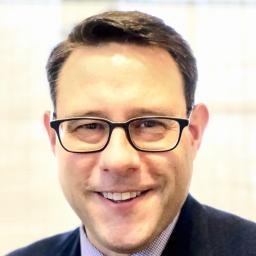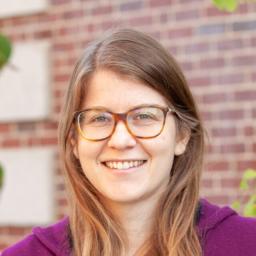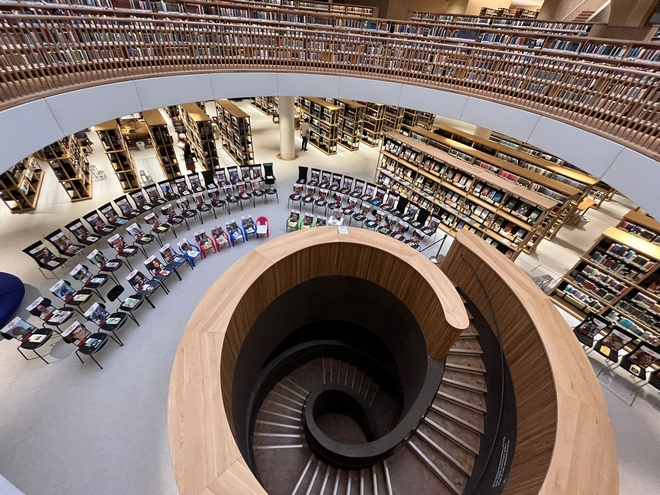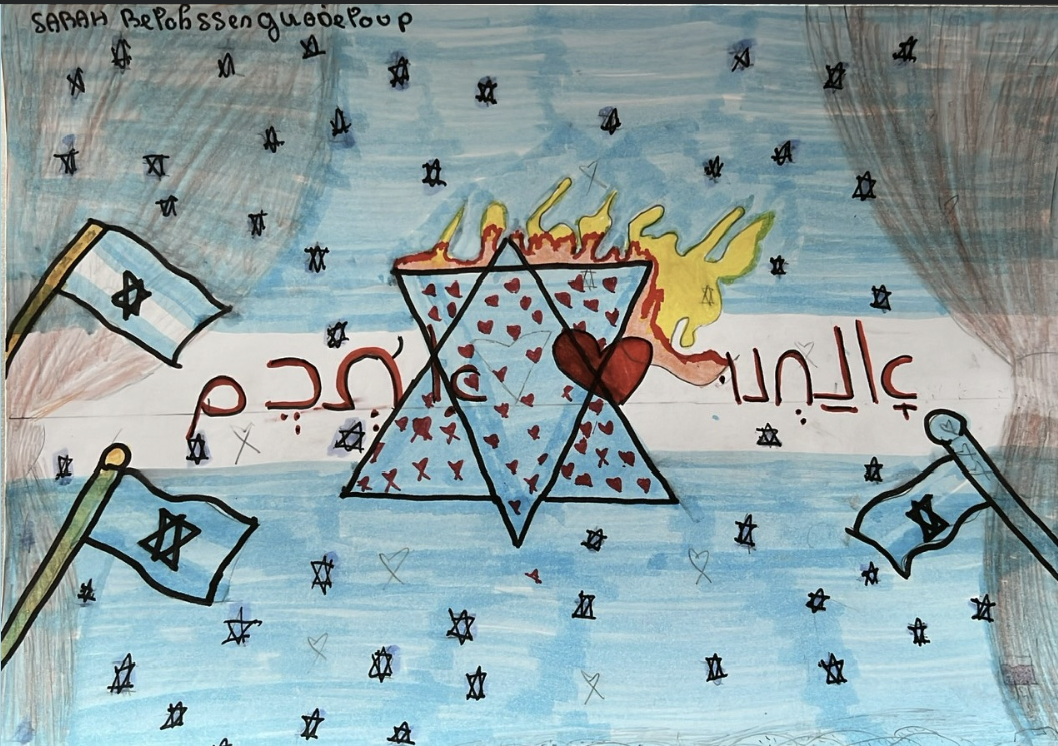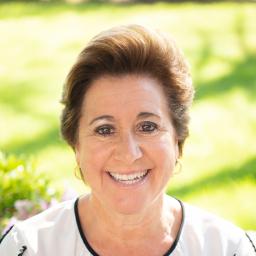On the morning of October 7, as news of the attack on Israel started to filter into our Sh’mini Atzeret minyan, I acutely felt the distance of a diaspora Jew. We do so much to bridge the physical distance we have from Israel and Israelis. And that morning in Tefillat hageshem we were enacting one of many liturgical ways we transcend our reality and locate ourselves in Eretz Yisrael. We prayed that morning with an additional intensity for abundance and mercy, knowing that it was needed, and that we in the Diaspora felt a degree of helplessness.
תפן, כי נפשנו אפפו כמים
Turn to us, for troubles engulf our souls like water.
As the tragedy continued to unfold over the coming days and weeks, our North American Jewish day school and yeshiva community activated in the ways we knew how, with acts of solidarity, fundraising efforts, Tehillim and tefillot, and rallies standing with Israel. However we could, we looked to reach across to our Israeli family and offer support, strength and love. That is a role we play in the Diaspora Jewish community, and whenever possible, we visit, study and live in Israel for eras of our lives. Israel is an important and visible part of our Jewish identities.
Jewish day schools and yeshivas play an essential role in cultivating that identity, and they provide the most immersive form of Israel education that a young person can receive in North America. There is no other educational setting where Israel is more central. From early childhood throughout all grades, educators carefully scaffold the affective, behavioral, and cognitive aspects of our Israel education.
Walking the halls of any Jewish day school or yeshiva in North America, this becomes so clear, and it is even more evident when you hear from educators the thought and care that goes into building strong connections—personal, religious, spiritual, and collective—with the land and State of Israel. From Jewish studies to Hebrew, from social studies and history to English, literature and science, from commemorations and celebrations to the exploration of the ethnic and cultural tapestry of Israel, schools in North America infuse students with connections, behaviors, and understandings that are the foundation of what can grow into a core aspect of their identities. On a recent visit to a Jewish day school, I heard from a teacher and a group of eighth graders who were learning about vegetation in their science class by speaking with a company in Israel that has developed cutting edge hydroponic cultivation and then replicating that technology in their classroom.
This by no means is meant to paint a romantic picture of Israel education in Jewish day schools and yeshivas. As with any subject our schools teach, there are challenges and successes, but with Israel education, the stakes are much higher as we are forming a building block of Jewish identity. As educators, we must continue to learn and reflect on how, what, why and where we teach Israel. And given the distance challenge we face as Diaspora Jews, presence is crucial for Israel educators to understand aspects of Israeli society and culture and to consider how to bring that back to their students and communities.
That was the motivation informing Prizmah’s recent Israel Educators Mission. Supported by a generous grant from the Jim Joseph Foundation and in partnership with the Jewish Education Project, 23 educators from 19 Jewish day schools and yeshivas from across North America traveled together to learn together.
The essential question of our mission was, “What has changed—and what hasn’t changed—since October 7 that impacts Israel education in Jewish day schools?”
We started with the individual, and as a cohort-building exercise, explored how each of us has been affected by 10/7. Each day we toured throughout Israel visiting places and people who have been impacted by the terror attack and the war and engaged in conversation, learned together, and began to understand how Israelis, their worldviews, philosophies, and beliefs are evolving.
We immersed ourselves with educators from Israeli schools to learn with them how they have supported their students and communities. We had evening conversations with leading Israeli journalists and thinkers who gave us a high-level perspective on Israeli society, beliefs, and perspectives. And together we discussed how our experience impacts how we think and teach about Israel in our schools.
Throughout the mission, we wanted the participating educators to return to their schools with new resources that were being developed by Israeli educators. We learned with educators from Israel-based educational organizations like Beit Avi Chai, Makom, M², UnitEd, Unpacked for Educators, the National Library, and the Jewish Agency for Israel. Their newest educational materials and processing protocols helped to bridge the expanse between us and are a thoughtful response to this moment.
The opportunity to be present with Israelis, hear their stories, and commit to bringing them back to our schools has already added so much to Israel education in the participating schools. The educators have shared their stories in their classrooms, in blogs, podcasts, meetings with students, faculty and parents. What we learned will support the continued development of Israel education, and together we are working on integrating that learning into how schools think and teach about Israel now.
For many, this mission was our literal first steps back in Israel since October 7. Working together over the coming months and year, it is also a first step in imagining how Israel education will, and will not, change.



